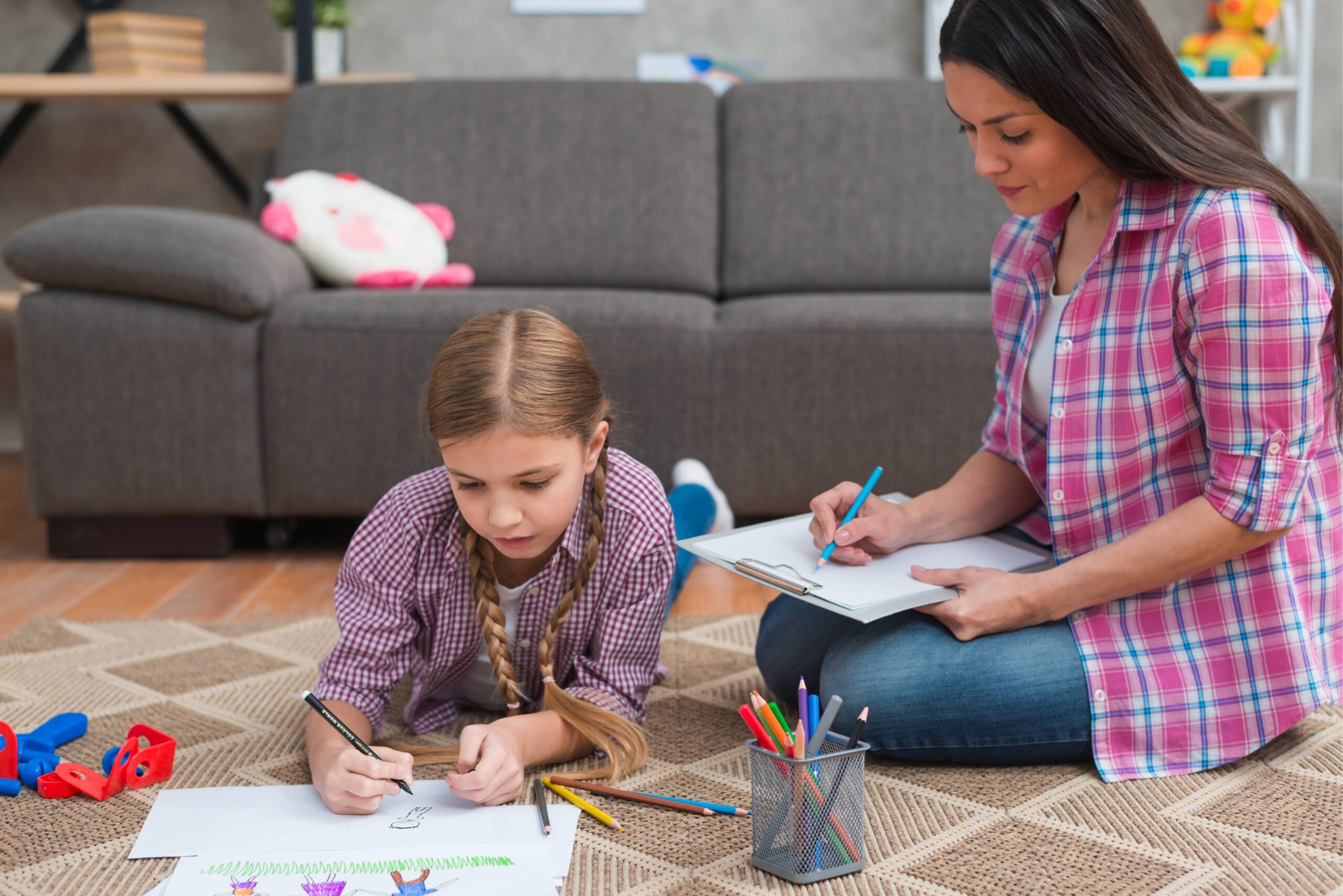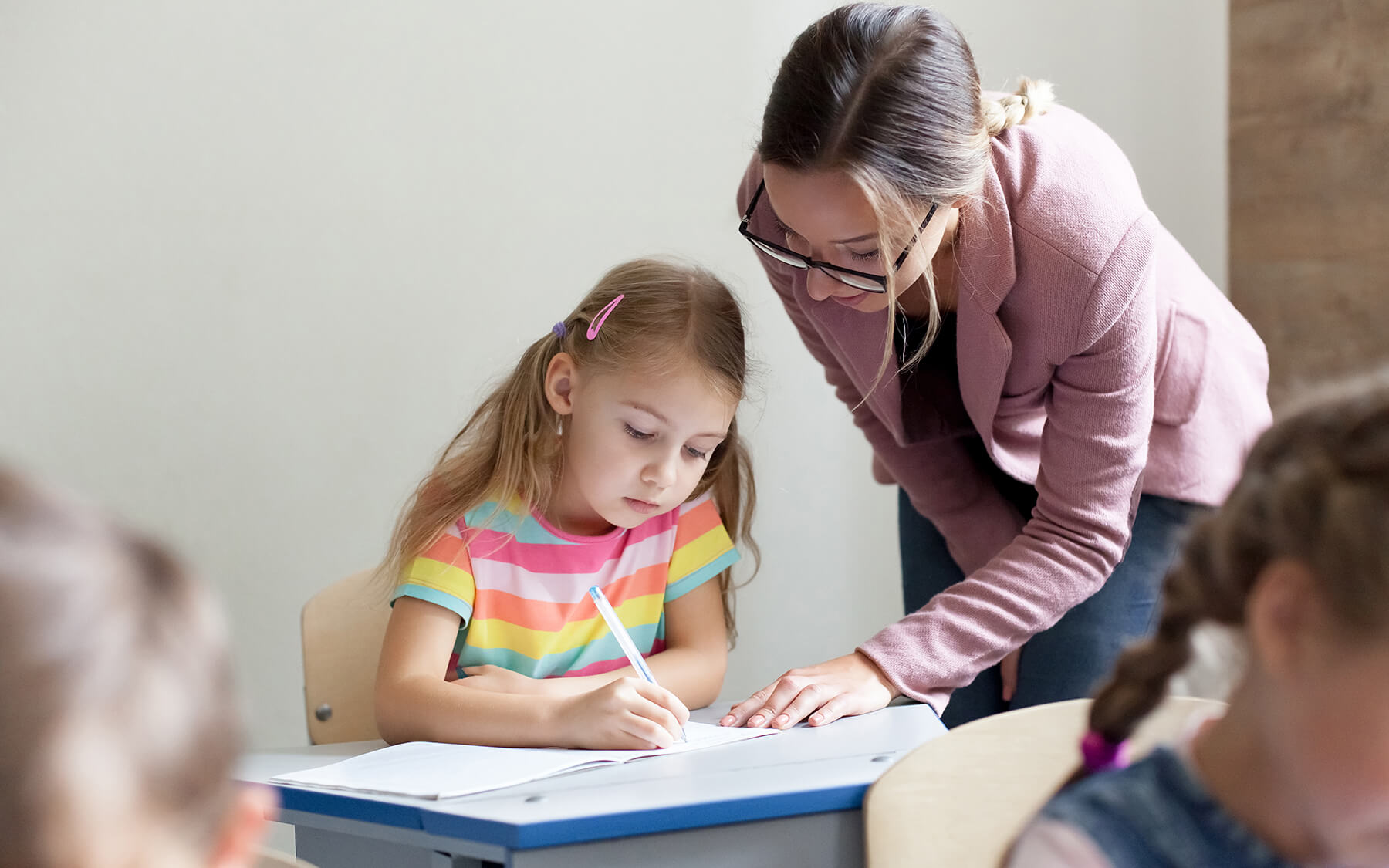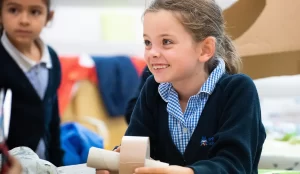Regarding education and growth, children with autism present particular difficulties. But with the correct plans and focused interventions, lifelong learning might start to seem reasonable and within reach. Encouragement of ongoing development in young children needs a mix of tailored strategies, help, and knowledge of their particular requirements. By emphasizing focused interventions, one can develop abilities and behaviors that result in a more autonomous and contented existence, such as those provided at an autism centre in kl, where specialized support fosters positive growth.
Creating Individualized Learning Plans
Every child with autism is unique; hence, tailored learning plans are absolutely necessary. Customizing treatments to fit every child’s particular strengths and problems guarantees a more successful educational process. These programs must include psychological, social, and life skills in addition to intellectual ones. Behavioral treatments, communication strategies, and sensory aids taken together can provide a disciplined yet adaptable learning environment that promotes development in all spheres. The aim is to make sure the youngster finds learning still relevant and interesting, therefore promoting a passion for lifelong learning.

Incorporating Sensory Sensitivities into Learning Strategies
Many times, children with autism have sensory sensitivity that affects their learning in conventional environments. These sensitivities might include enhanced reactions to taste, music, touch, or light. Teachers and parents can improve the learning process by including sensory-friendly strategies into their daily activities. Sensual pauses, noise-cancelling headphones, and weighted blankets—all of which help to lessen sensory overload—are some strategies. Children can remain focused, relaxed, and open to learning by attending to sensory needs, so enabling better interaction with instructional materials.
Technology as a Tool for Learning and Engagement
Particularly for children with autism, technology has evolved into a priceless instrument for education. Children can participate in school at their own speed by use of applications, interactive tools, and instructional software. For children with autism especially, technology can provide visual aids, interactive games, and tailored learning opportunities. Using visual plans, communication tools, and online learning systems, for instance, can help to boost retention and comprehension. Additionally a motivating tool is technology, which inspires kids to actively engage and investigate topics of interest.
Parental Involvement and Community Support
Encouragement of lifetime learning does not stop in the classroom. Reinforcing and extending the learning process outside of the classroom depends much on the help of family and community. Reinforcing the abilities and tactics used in treatments depends mostly on parents. By means of constant practice and support, they enable the integration of education into daily activities. Support from peer groups, therapists, and neighborhood organizations can also offer priceless tools and chances for personal development.
Encouragement of lifetime learning for children with autism calls for a careful, customized approach considering their particular difficulties and requirements, and a dedicated autism centre in kl can provide the support and resources necessary to help them thrive. Targeting treatments, developing social skills, and including technology will help us to create surroundings that support constant learning and personal development. Realizing this objective depends much on the support of parents and the society. Children with autism can keep developing the abilities required for a happy and independent existence with the correct tools, plans, and support networks in place.




